AI and Mental Health GPT - AI Mental Health Insights
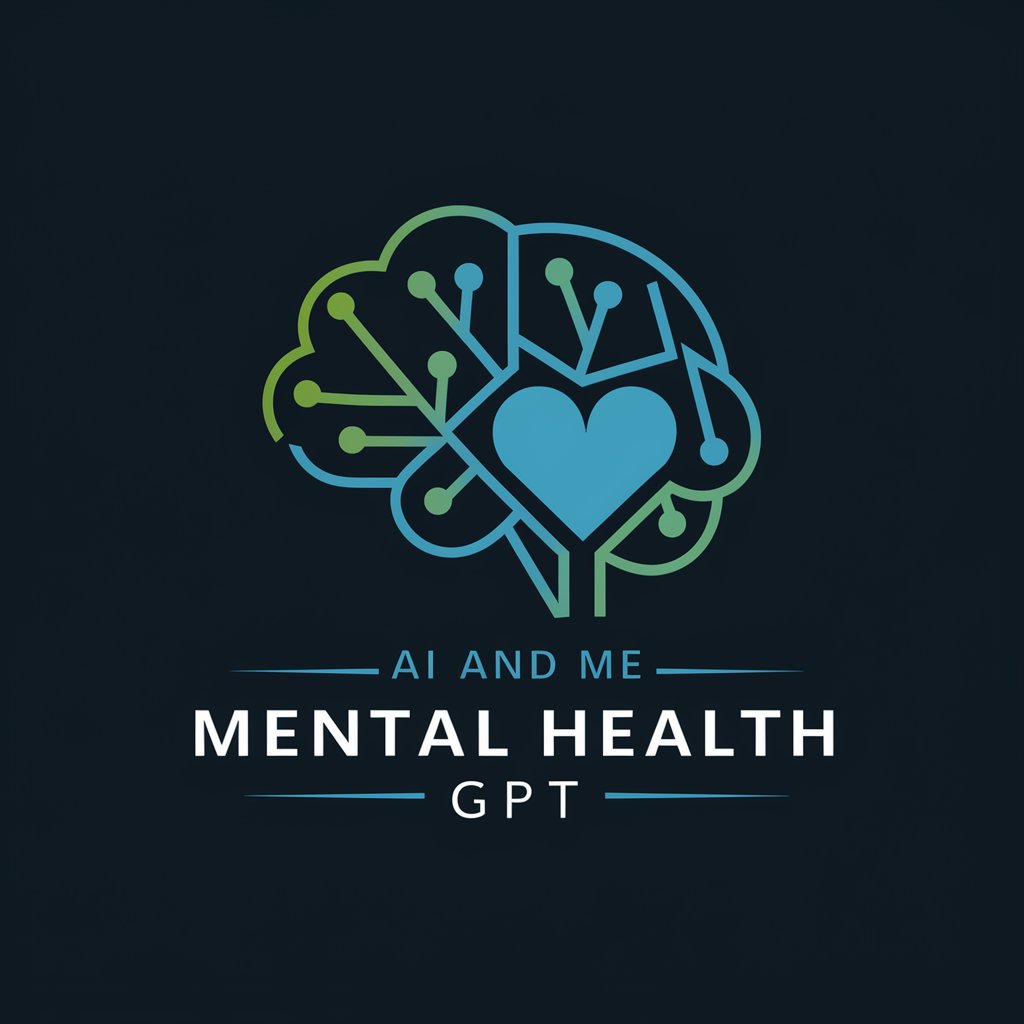
Welcome! Let's explore the intersection of AI and mental health together.
Empowering Mental Wellness with AI
How can AI be used to improve mental health therapies?
What are the ethical considerations when using AI in mental health support?
Can you explain the role of AI in diagnosing mental health conditions?
What recent advancements in AI have impacted mental health care?
Get Embed Code
AI and Mental Health GPT: An Overview
AI and Mental Health GPT is designed as an advanced tool to explore the intersection of artificial intelligence and mental health support. It leverages the capabilities of AI to provide insights, support, and understanding concerning various mental health conditions. This GPT aims to inform and educate on how AI can enhance therapy, offer support mechanisms, and improve the comprehension of mental health issues. Through its programming, it prioritizes sensitivity, confidentiality, and ethical considerations in all interactions. For instance, it can simulate scenarios where AI tools assist therapists in identifying patterns in patient behavior that may not be immediately apparent, thereby offering a more tailored therapeutic approach. Powered by ChatGPT-4o。

Core Functions of AI and Mental Health GPT
Educational Insights
Example
Providing up-to-date research findings on AI's role in diagnosing mental health conditions.
Scenario
A mental health professional seeking the latest AI research to incorporate into their practice for better patient outcomes.
Supportive Interactions
Example
Simulating supportive conversations to help users understand and navigate their emotions or mental health challenges.
Scenario
Individuals experiencing mild stress or anxiety using the platform to gain immediate, albeit temporary, relief through AI-mediated conversations.
Therapeutic Aid
Example
Augmenting therapy sessions by providing therapists with AI-generated insights based on patient data analysis.
Scenario
Therapists utilizing AI insights to customize therapy sessions, improving the therapeutic journey for patients with complex needs.
Awareness and Education
Example
Sharing information on common mental health conditions and treatment options to promote awareness.
Scenario
Educators or advocates using the platform to gather accurate, comprehensive information for mental health awareness campaigns.
Who Benefits from AI and Mental Health GPT?
Mental Health Professionals
Therapists, psychologists, and psychiatrists can utilize the GPT to access AI-driven insights, enhancing diagnostic accuracy and therapy personalization.
Individuals Seeking Mental Health Information
People curious about mental health issues or their own mental health can find a confidential, informative resource in this GPT for education and support.
Educators and Advocates
Those in the field of education or advocacy can use the platform to gather and disseminate information on mental health, contributing to greater awareness and understanding.
AI and Tech Enthusiasts
Individuals interested in the application of AI within therapeutic and mental health contexts will find this platform a rich source of information and innovation.

How to Use AI and Mental Health GPT
1
Visit yeschat.ai for a complimentary trial, accessible immediately without a subscription to ChatGPT Plus.
2
Choose a mental health topic or question you're interested in exploring. This could range from understanding mental health conditions, therapeutic AI applications, to mental wellness strategies.
3
Utilize the prompt box to enter your question or topic. Be as specific as possible to ensure the most accurate and relevant information is provided.
4
Review the response provided by AI and Mental Health GPT. For more in-depth exploration, consider follow-up questions based on the initial response.
5
Make use of the feedback feature to share your experience. This helps in enhancing the AI's accuracy and relevance for future interactions.
Try other advanced and practical GPTs
Mental Health Therapist
Empowering Emotional Wellbeing with AI
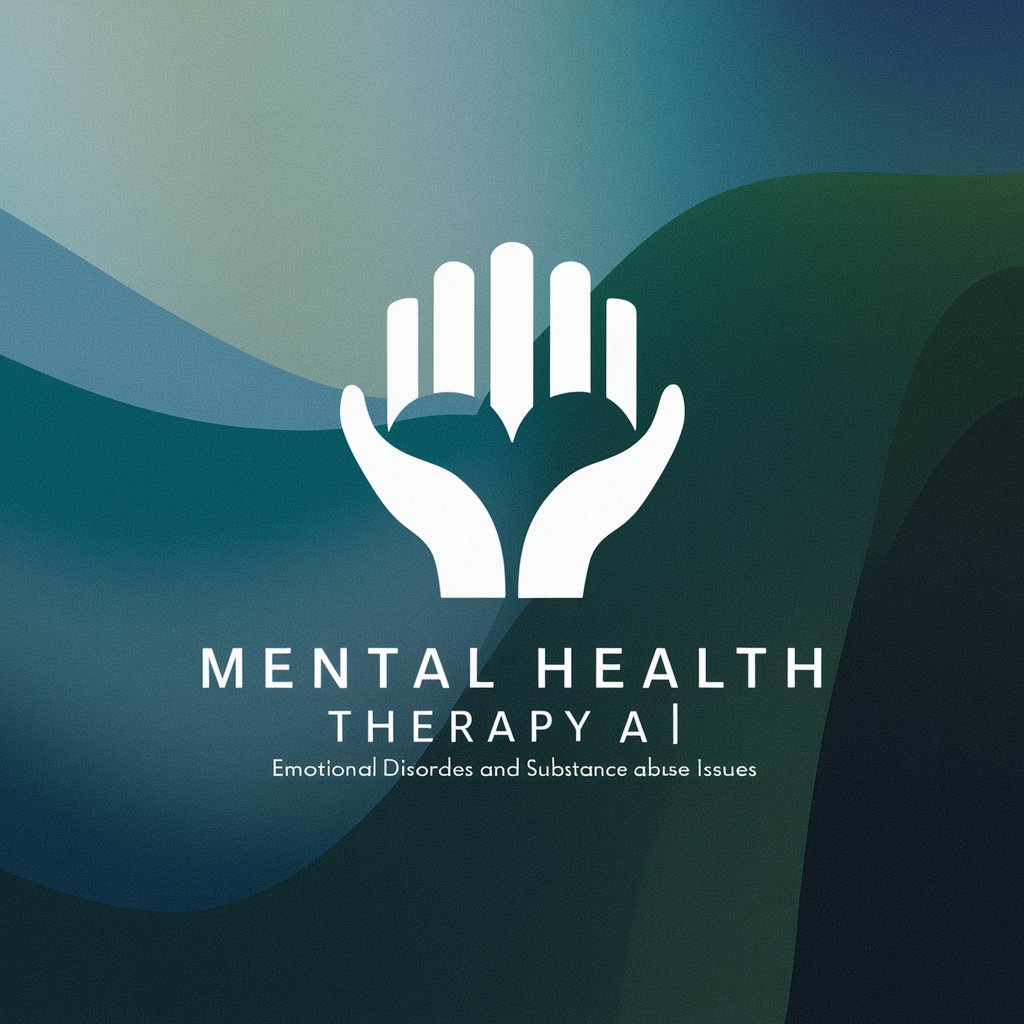
Mental Health Guide
Your AI-powered empathetic listener
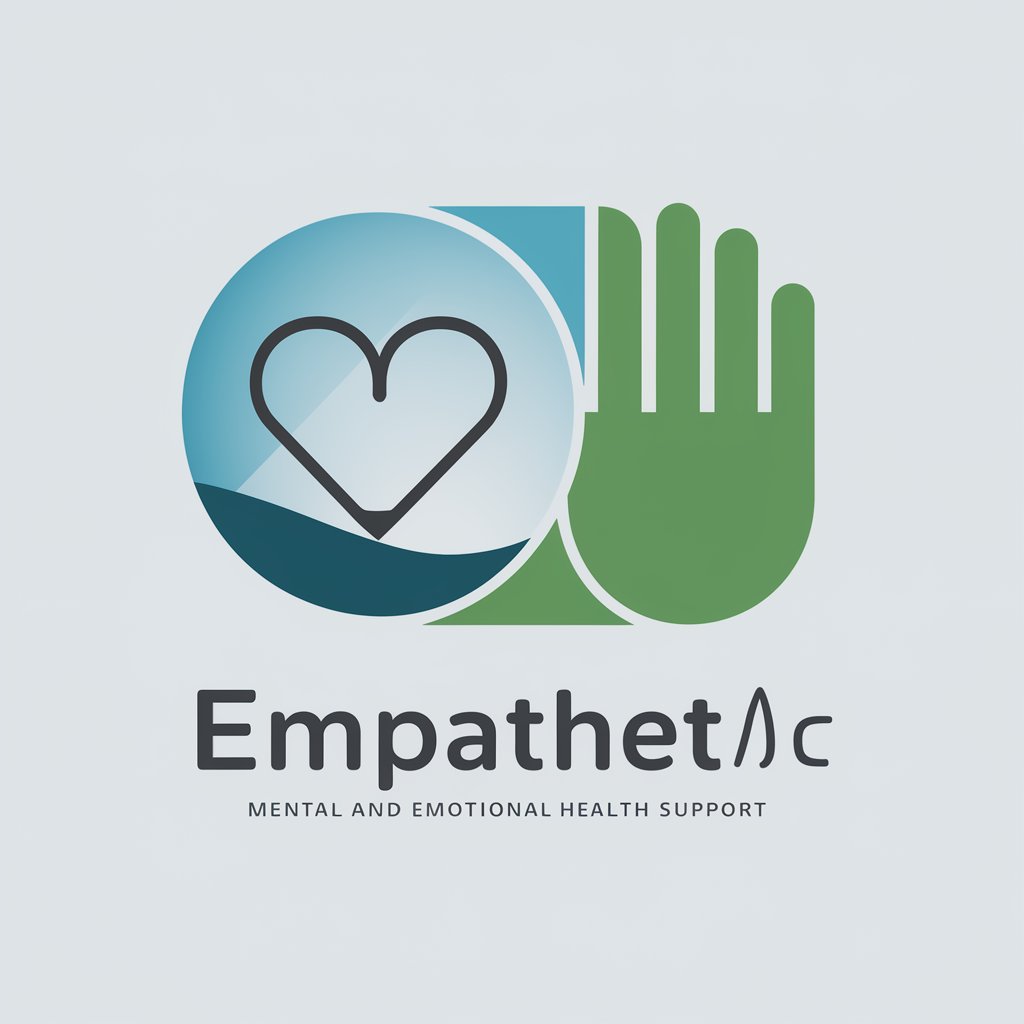
Child Mental Health Advisor
Empowering Parental Insight with AI
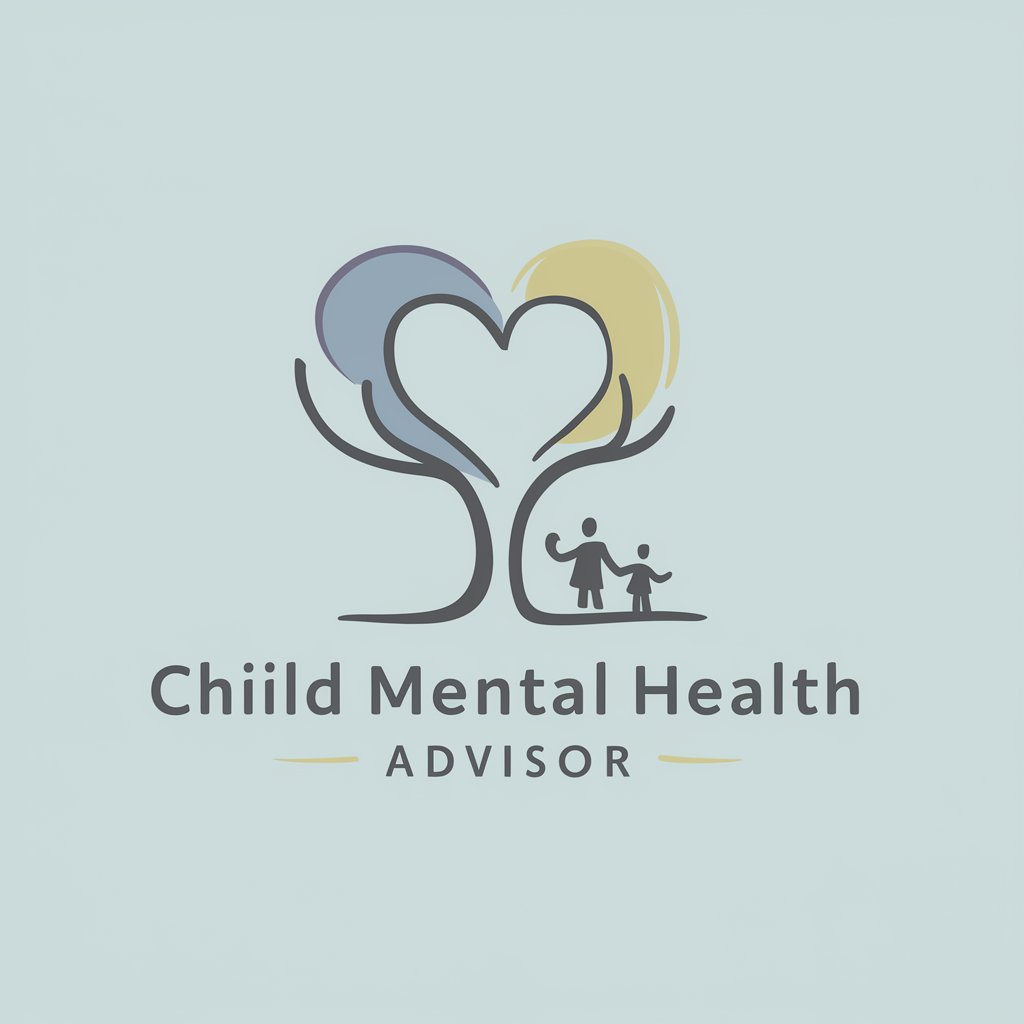
Mental Health
Empowering Emotional Wellness with AI
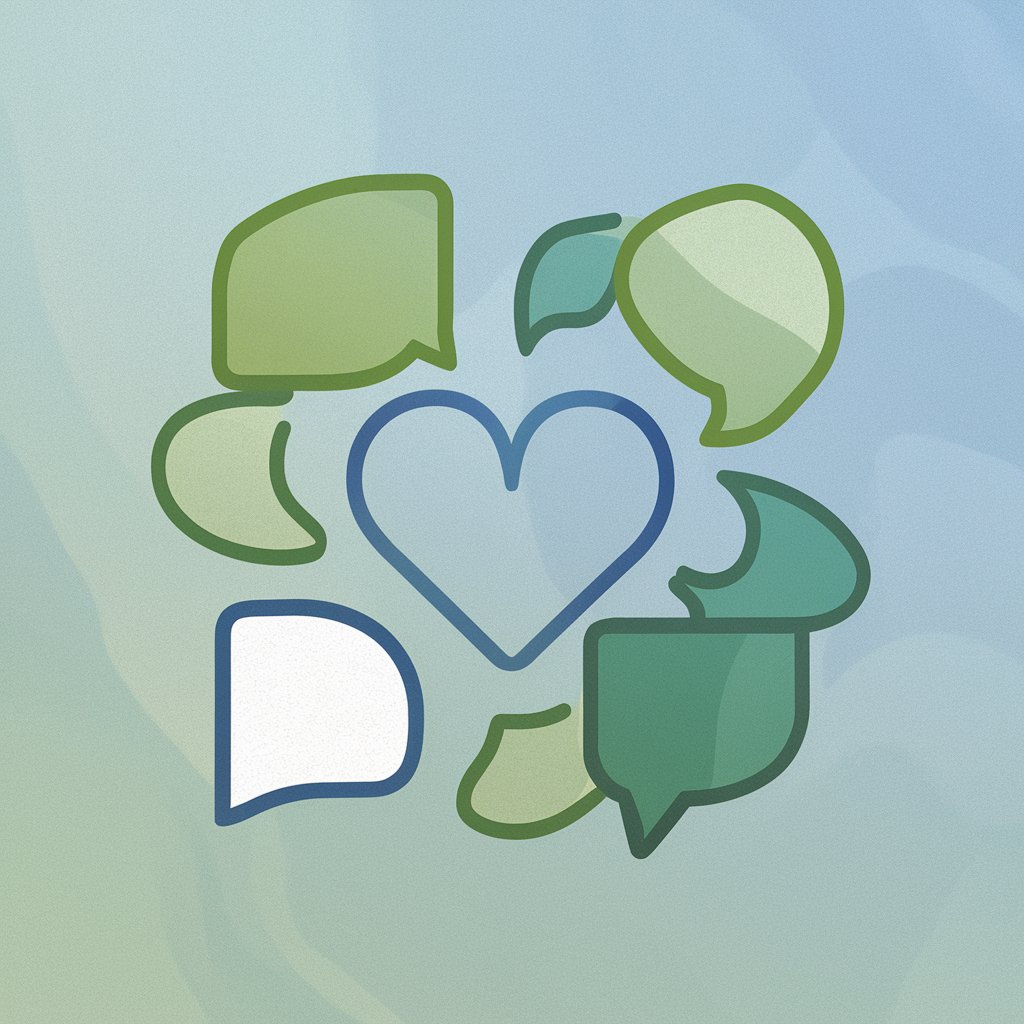
Weather Trend
Your AI-powered meteorologist, anytime, anywhere.

Leather Expert & Business Advisor
Empowering Leather Excellence with AI

Future Tale: The Rise of gAI
Imagine AI's future, shape tomorrow.
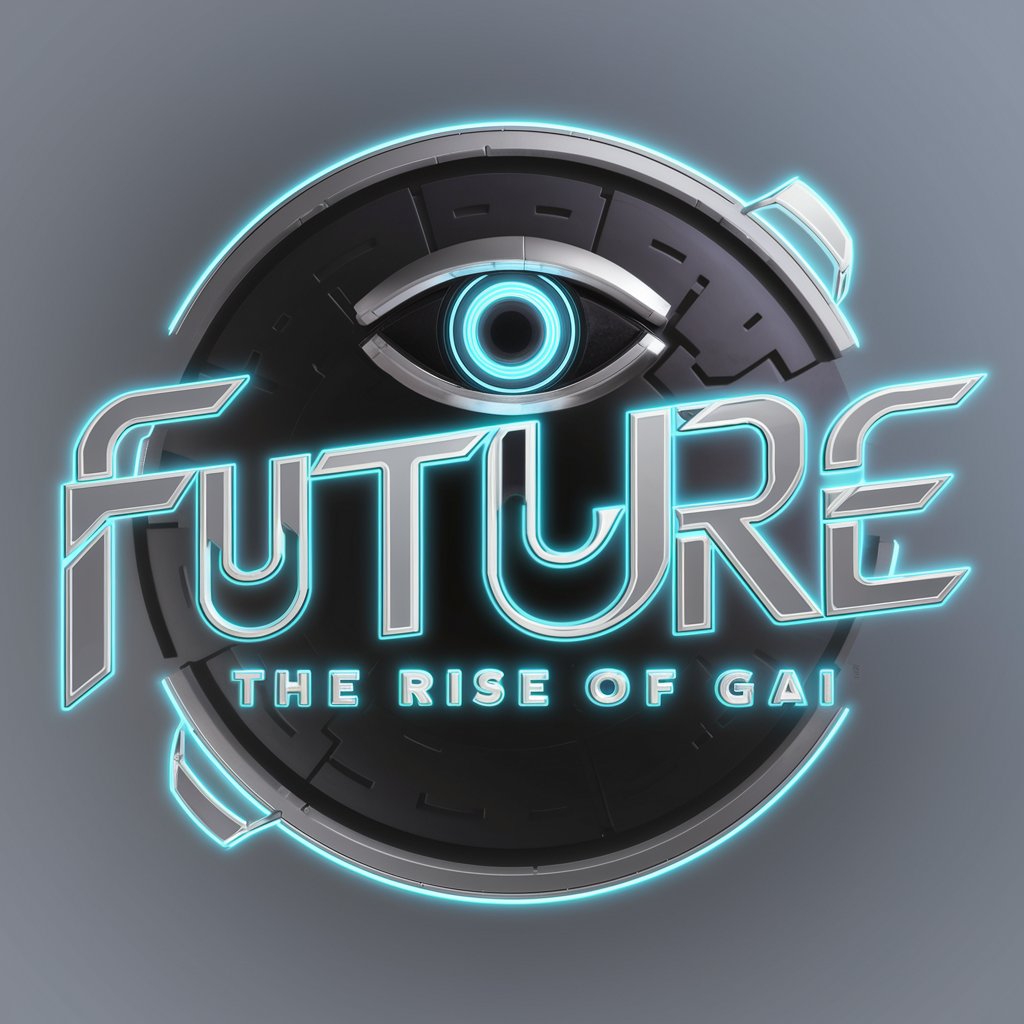
Debate Buddy
Challenge Your Perspectives with AI

Debate Winner
Master debates with AI assistance

Voice Note
Revolutionize note-taking with AI power
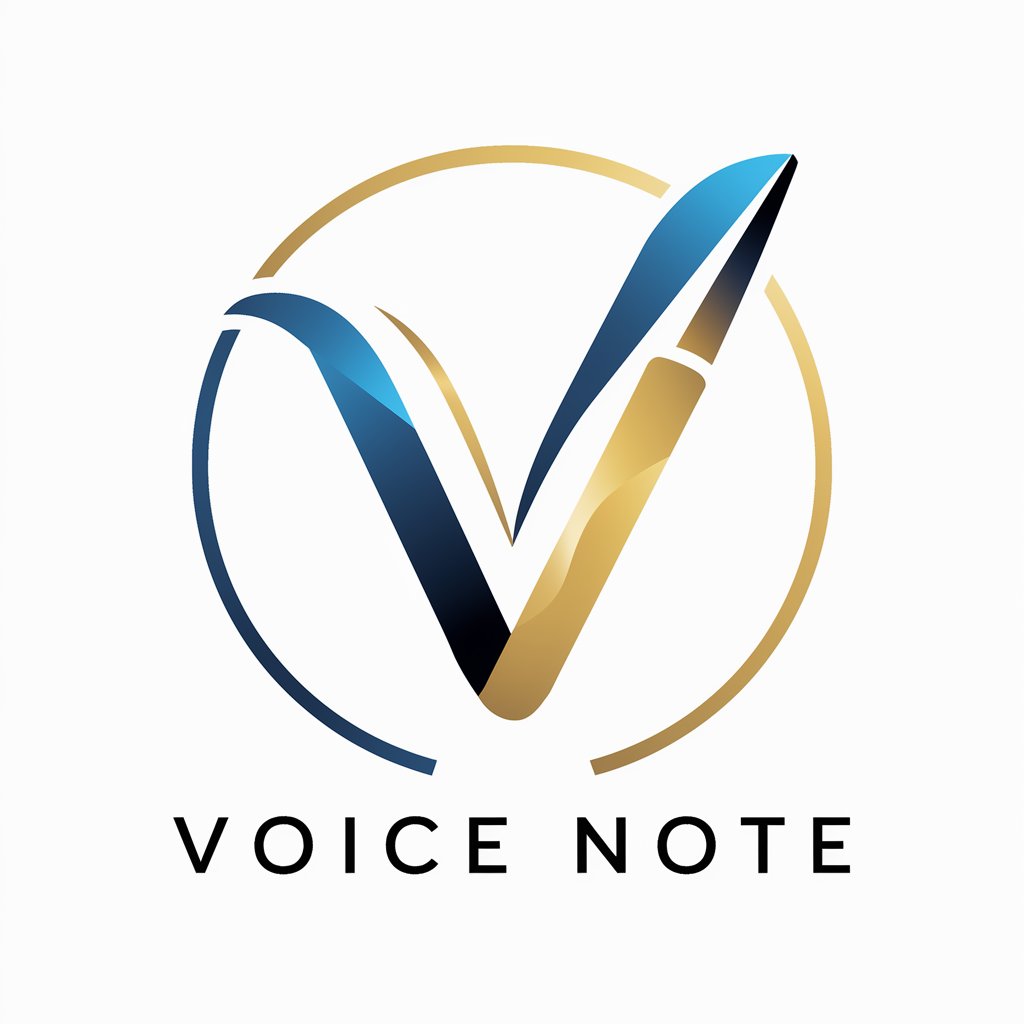
Chess Voice
Elevate Your Chess Game with AI
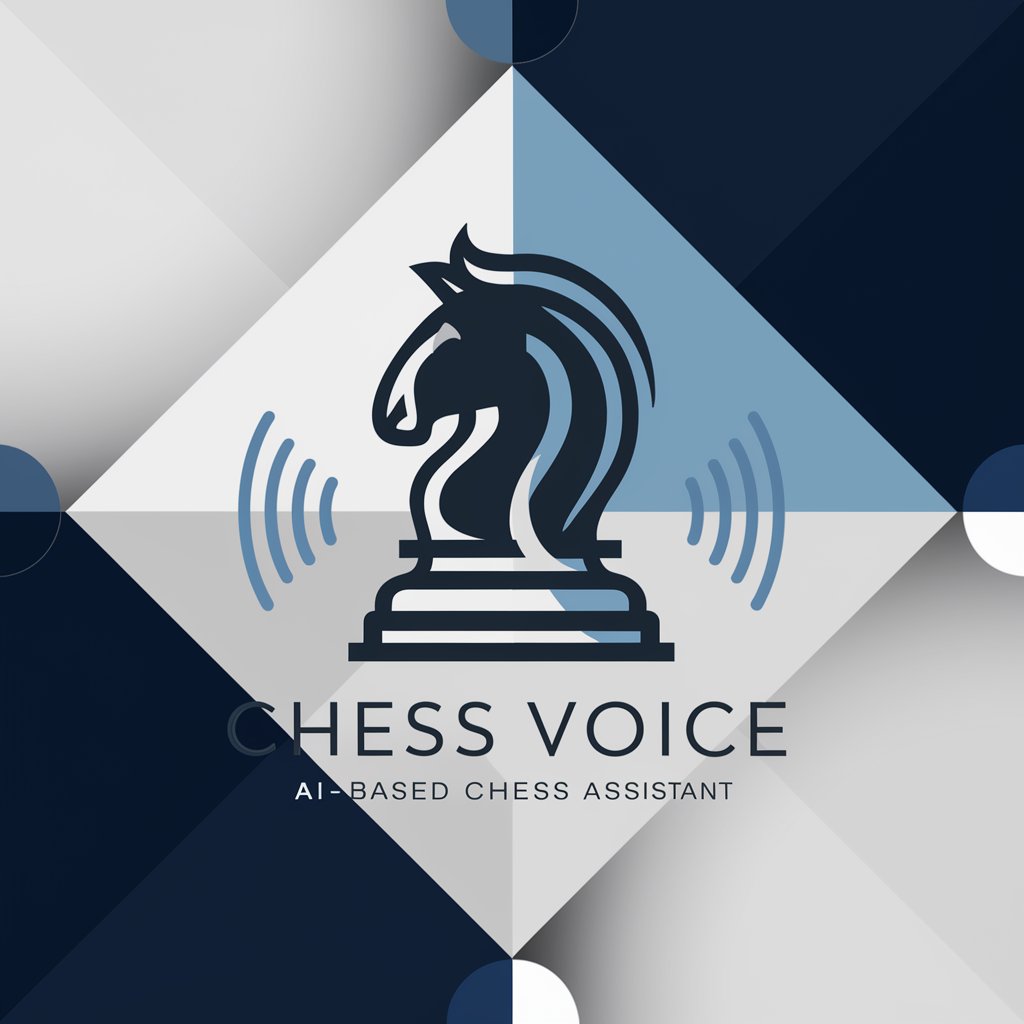
Constance Voice
Elevate Your Web Presence with AI
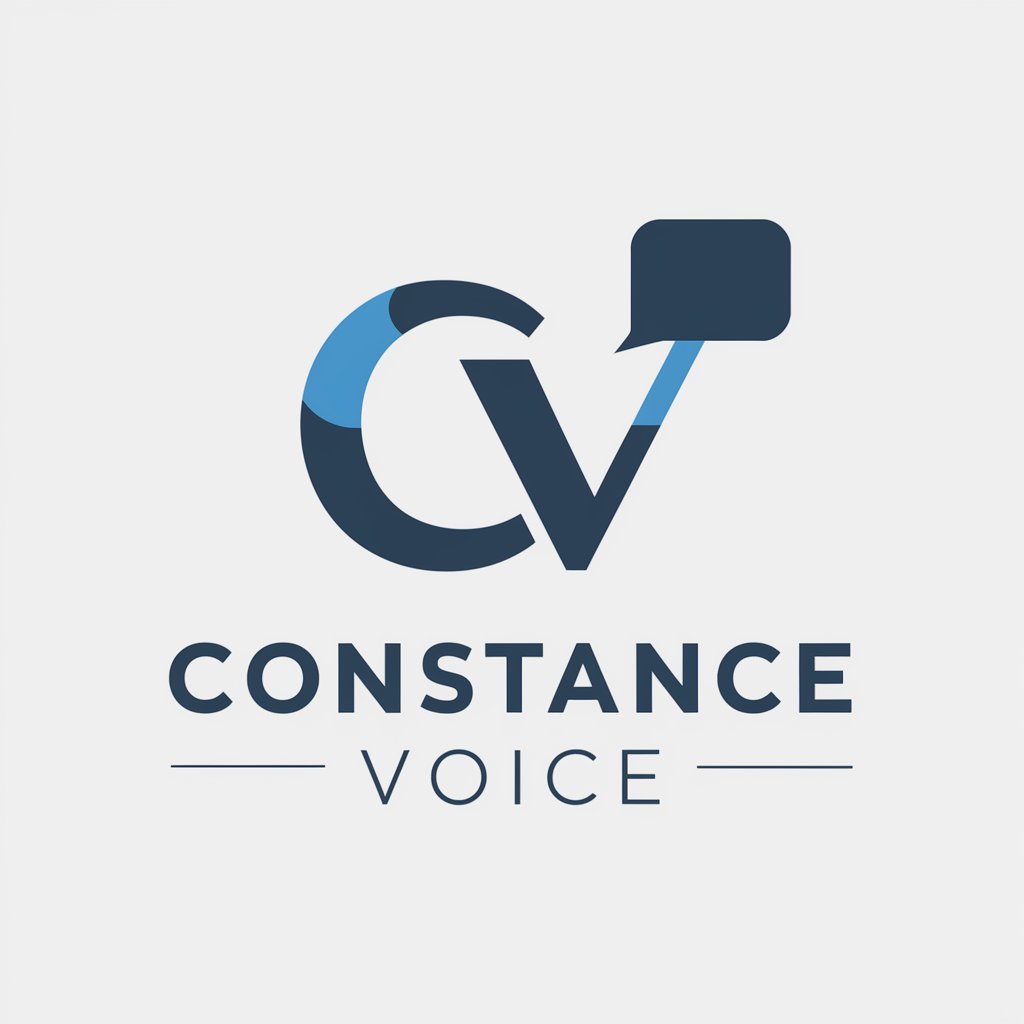
Detailed Q&A on AI and Mental Health GPT
What makes AI and Mental Health GPT different from general AI chatbots?
AI and Mental Health GPT is specifically designed to offer insights and information on mental health topics, leveraging the latest research and ethical guidelines. Unlike general AI chatbots, it focuses on providing sensitive, accurate responses tailored to mental health inquiries.
Can AI and Mental Health GPT diagnose mental health conditions?
No, AI and Mental Health GPT is not equipped to diagnose conditions. It aims to provide information and support understanding, encouraging users to seek professional advice for diagnoses and treatment.
How can educators use AI and Mental Health GPT?
Educators can utilize it to supplement their curriculum with up-to-date information on mental health, create interactive learning experiences, and support students' understanding of mental wellness practices.
Is AI and Mental Health GPT privacy-conscious?
Yes, it adheres to strict privacy and ethical guidelines, ensuring users' interactions are confidential and personal data is not stored.
Can AI and Mental Health GPT offer therapy?
While it cannot replace licensed therapists, it can provide therapeutic information, self-help strategies, and guidance on where to find professional help, supporting mental wellness journeys.
